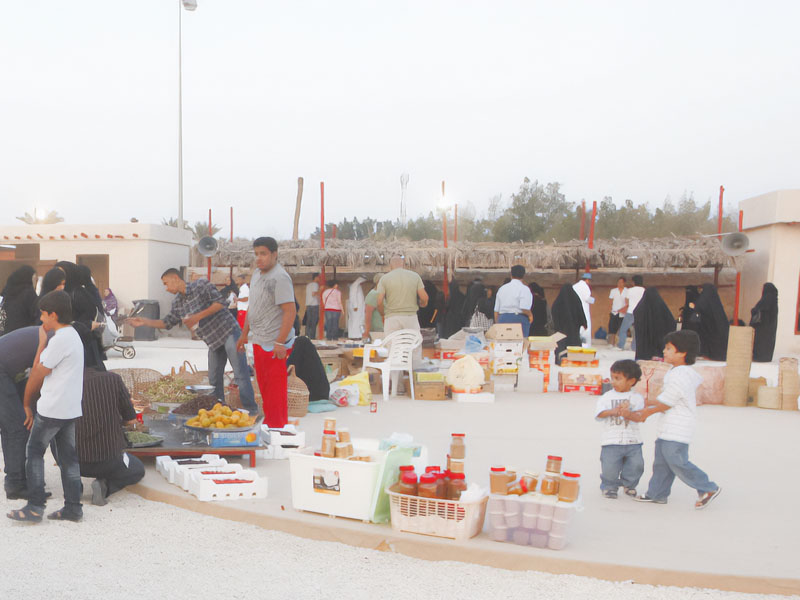Traditional Market . . Reconsideration
Issue 10

The traditional market has its own taste and identity in our memory. It is the place which reflects our customs and traditions and where the past dominates. This past has successfully resisted the modern life and its styles and symbols such as the super and hyper markets. The traditional market retains its identity in spite of the changes through time. The market has still its beauty and glamour which attract the citizens, the residents and the tourists. The market for all those people is a traditional register and a haven for simplicity and a token of the past. Nowadays, this market plays a variety of roles in the economy and tourism of the country. The traditional market reflects a significant aspect of our social memory, and it also depicts a traditional culture based on simplicity, tolerance and recognition. All these characteristics are inevitable outcome of the relation between the sellers and the customers. The later are always satisfied not merely as customers but also as human beings. Certainly, such close and intimate relation is not available in the super and hyper markets. The traditional market successfully retains the culture of the simple sellers who remain faithful for both, their traditional memory and the memory of the place to which they belong. Those sellers have preferred their simple benches and traditional commodities for exotic commodities and modern places. Consequently, the traditional market is not in harmony with the modern architect changes, neither with architect boom nor with the dominant culture of consumption. Those sellers are always faithful for their traditional styles even in markets designed according to the modern styles. The sellers have enriched the modern markets with a traditional flavor by the way they display a variety of goods, for instance, handicrafts, carpets, perfumes, incense and birds. The traditional market is in need of reconsideration. The annual generous sponsorship of His Majesty King Hamad bin Isa al Khalifa, generously sponsored the festival of heritage organized by the Ministry of Culture and Information. This High sponsorship illustrates this reconsideration. Not only has that but the sponsorship showed the status of our traditional heritage in our national culture. His Majesty has ordered concentration on the issue of traditional markets in the 18th tournament of the festival. Such High order shows the understanding and respect of a genuine Arabic leader for the spirit and the population of the traditional market.
Editorial Board



































































